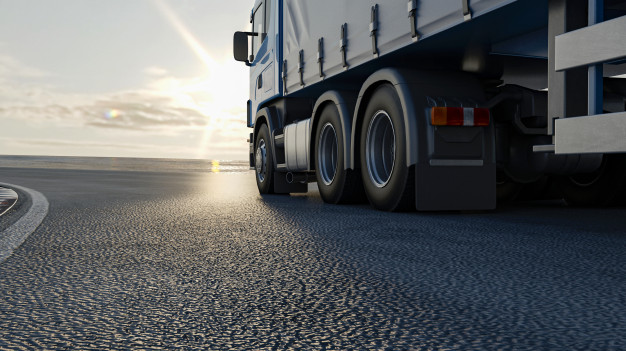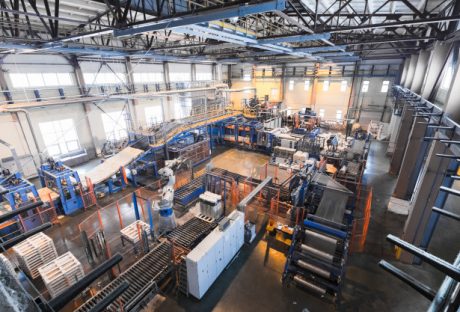If you’re not familiar with the term cabover trucks, perhaps you will recognize these trucks by their full name, cabin over engine trucks. Or perhaps you don’t know much about them at all. No wonder, seeing how they’ve become far less common after 1976 after some regulatory changes made longer trucks an option.
We reached to a reliable truck manufacturer that was around to see these trucks come and go, to tell us more about this truck type, its advantages and disadvantages, and why it is no longer as popular.
Why They Were Popular

In the 1950s, 1960s, and 1970s, the length regulations for the trucks dictated the maximum length of 65 feet (both truck and trailer). In 1976, as 75 feet became the norm, these trucks were gradually phased out by long hood trucks.
Keep in mind that this trend is only present in North America, as Europe largely still uses cabover trucks for several reasons, with maneuverability being one of the most important ones. Elegant car seat pillow to keep you cool even on hot summer days.
Maneuverability
Due to the shorter axis distance, these trucks are a lot simpler and easier to maneuver. Backing up in narrow loading docks and changing lanes in heavy traffic is a lot simpler. The position of the driver at the very front of the vehicle also facilitates maneuverability as it gives the driver better visibility.
As both roads and streets in Europe tend to be smaller and narrower, trucking companies there still prefer this type of truck. In fact, in some European countries which are more flat and open, like the Netherlands, long hood trucks can also be found.
Fuel Efficiency
Even though most people think that the more aerodynamic shape of the long hood trucks makes them more efficient, the simple truth is that European trucks are smaller and more efficient.
In addition, more stringent emissions regulations in the European Union has forced manufacturers to make trucks more fuel-efficient compared to the US and Canada. In this case, it is not the shape of the truck, but the region where they are prevalent that led to the increased fuel efficiency.
Lacking Safety
Even though there are some clear advantages of having the driver in the very front of the vehicle, there are also some disadvantages.
One of the clearest faults of a cabover is that the driver is far more vulnerable in case of an accident – there’s less truck between the driver and the impact. Despite the fact that modern cabovers have numerous protection advancements compared to the older models, they still fall flat compared to the long hood trucks.
Lack of Comfort during Long Rides

Another big disadvantage of a cabover, especially for the long haul is the less comfortable ride compared to the competitors. The shorter wheelbase is typically cited as the main reason why the ride is not as cushy as in a long hood.
However, there is another important reason – in a cabover, your driver’s seat is directly on top of a wheel, making all the bumps much more visceral. There was an attempt by the manufacturers to resolve this problem, but it resulted in more expensive vehicles – just one more reason why they were gradually replaced by the long hoods.
Which Are Better, Then?
It is really difficult to pick one over the other – different businesses may prefer different trucks, preferring the fuel economy and maneuverability of a cabover or the safety and comfort of a long hood truck.
It is always best to choose the truck based on your needs and your business model, which is why both types of trucks still exist and are available for purchase.
Read Also:
- What to Consider When Buying Heavy Duty Truck Alignment Equipment
- How Crane Trucks Can Drastically Improve Project Efficiency
- 7 Ways Truck Accidents Differ from the Regular Car Crashes























